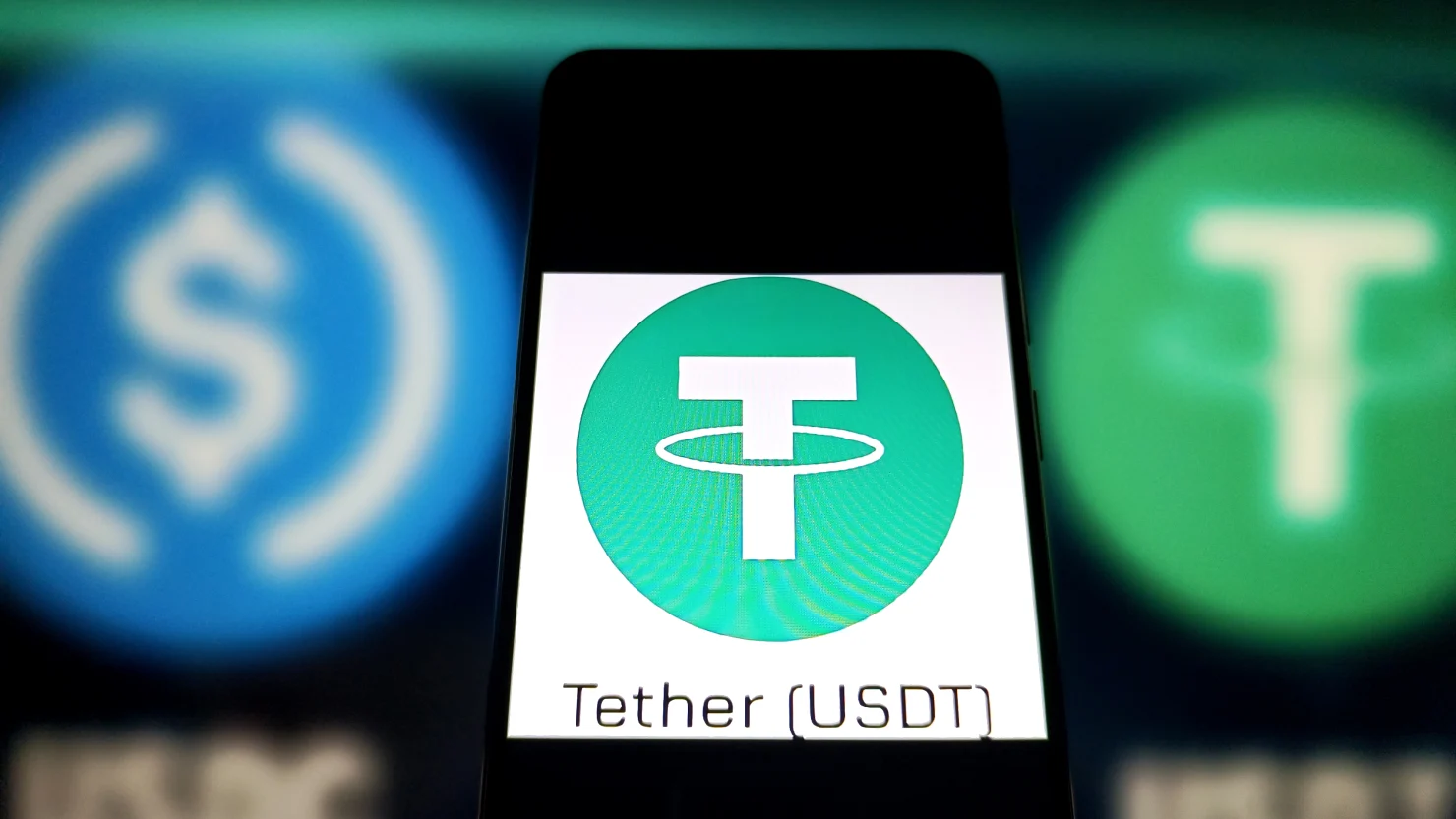Hong Kong has passed a landmark stablecoin bill aimed at expanding its virtual asset regulatory framework, signaling the city’s commitment to fostering innovation while maintaining financial stability. The legislation, focused on fiat-referenced stablecoins—digital assets pegged to traditional currencies or commodities like gold—requires issuers to obtain licenses from the Hong Kong Monetary Authority (HKMA). Under the new policy, stablecoin issuers must adhere to a series of regulatory standards, including full reserve backing, robust asset management, and segregation of client assets. These requirements are intended to enhance the reliability and integrity of stablecoins in the financial ecosystem.
The HKMA noted that the framework will complement existing virtual asset regulations, encouraging responsible innovation while safeguarding against systemic risks. A consultation process will further define the detailed obligations of licensees. The new policy is expected to take effect later this year, giving market participants adequate time to understand and align with the new rules.
This move builds upon the virtual asset licensing regime introduced by Hong Kong in 2023, which mandates that crypto firms operating in the city must register and comply with consumer protection standards to offer digital assets to retail investors. Until now, however, stablecoins were excluded from that framework. By incorporating stablecoins into its regulatory structure, Hong Kong aims to elevate market confidence and attract institutional investment in the digital finance sector.
The policy emphasizes core principles such as full asset reserve requirements and guaranteed redemption rights, with strict oversight from the HKMA. This approach is designed to ensure that stablecoins function as reliable, low-volatility instruments—crucial for facilitating everyday transactions, cross-border payments, and integration with traditional finance. Industry leaders have recognized the move as setting a new global standard for stablecoin governance, reinforcing Hong Kong’s position as a pioneer in compliant digital asset innovation.
Globally, regulatory momentum around stablecoins is accelerating. Just days before Hong Kong’s announcement, the U.S. Senate advanced the GENIUS Act, which would create the first national framework for stablecoin issuance if passed. Other jurisdictions including the European Union, Singapore, the UAE, and Japan have also rolled out frameworks to govern these increasingly significant digital assets.
According to blockchain analytics firm Chainalysis, stablecoins play a foundational role in the broader crypto economy. Their stable nature allows them to serve as a bridge between the digital and traditional financial systems, overcoming challenges like slow cross-border transactions and complex settlement processes. Experts highlight that regulatory clarity for stablecoins not only boosts adoption but also fosters legitimacy, particularly as their use cases expand beyond speculative trading into real-world applications.
As of this month, the global market capitalization of stablecoins stands at approximately $232 billion, reflecting their growing influence in the financial landscape. Hong Kong’s regulatory advancement is expected to draw greater institutional interest and stimulate innovation, offering a model that balances financial oversight with the opportunities presented by emerging technologies.
READ MORE:
